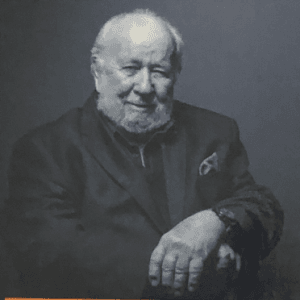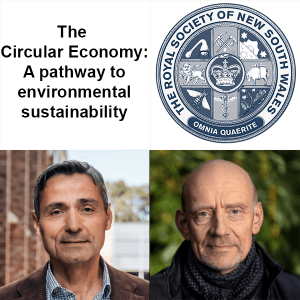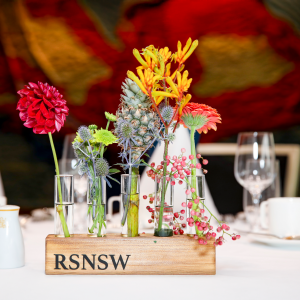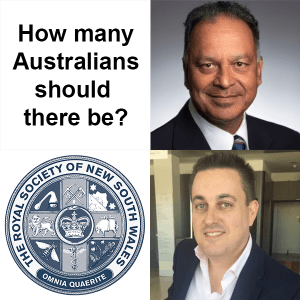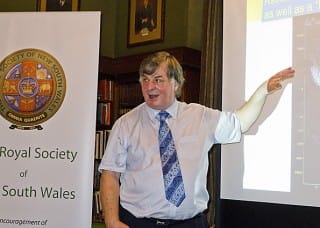
“The evolution of galaxies” – Dr Ray Norris
Ray Norris, a senior astrophysicist with the CSIRO spoke at the 1208th OGM of the Society on one of the Australian Square Kilometre Array Pathfinder (ASKAP) projects, Project EMU – an acronym for evolutionary map of the universe.
The ASKAP project is the first phase of the $2 billion Square Kilometre Array project shared between South Africa and Australia. The cost of this phase is $170 million and is being built in Western Australia.
It consists of 36 12-m radio antennas that have extraordinarily high resolution, using devices called phased-array feeds. Project EMU is one of two high-priority projects that are currently underway. Emu will conduct a deep survey of a patch of dark sky, making deep images at several different wavelengths to create a census of all galaxies within the patch being examined.
The aim is to identify the different evolutionary tracks of galaxies and, hopefully, to identify some important but rare transitional stages. The survey is expected to be able to look back in time to the formation of the first stars around 400 million years after the big bang that took place 13.7 billion years ago. Radio telescopes are ideal for this type of survey because they are unaffected by dust. When combined with infrared and optical data, they can give a very powerful image of their field of view.
Dr Norris outlined many of the phenomena that EMU is investigating. The science goals of the EMU project are to better understand the evolution of massive black holes, to explore the large-scale structure and cosmological parameters of the universe (for example, test theories about dark energy) and to explore diffuse low-surface-brightness radio objects. The project will also add substantially to a large database of surveys that can be mined as computing capacity continues to increase.

